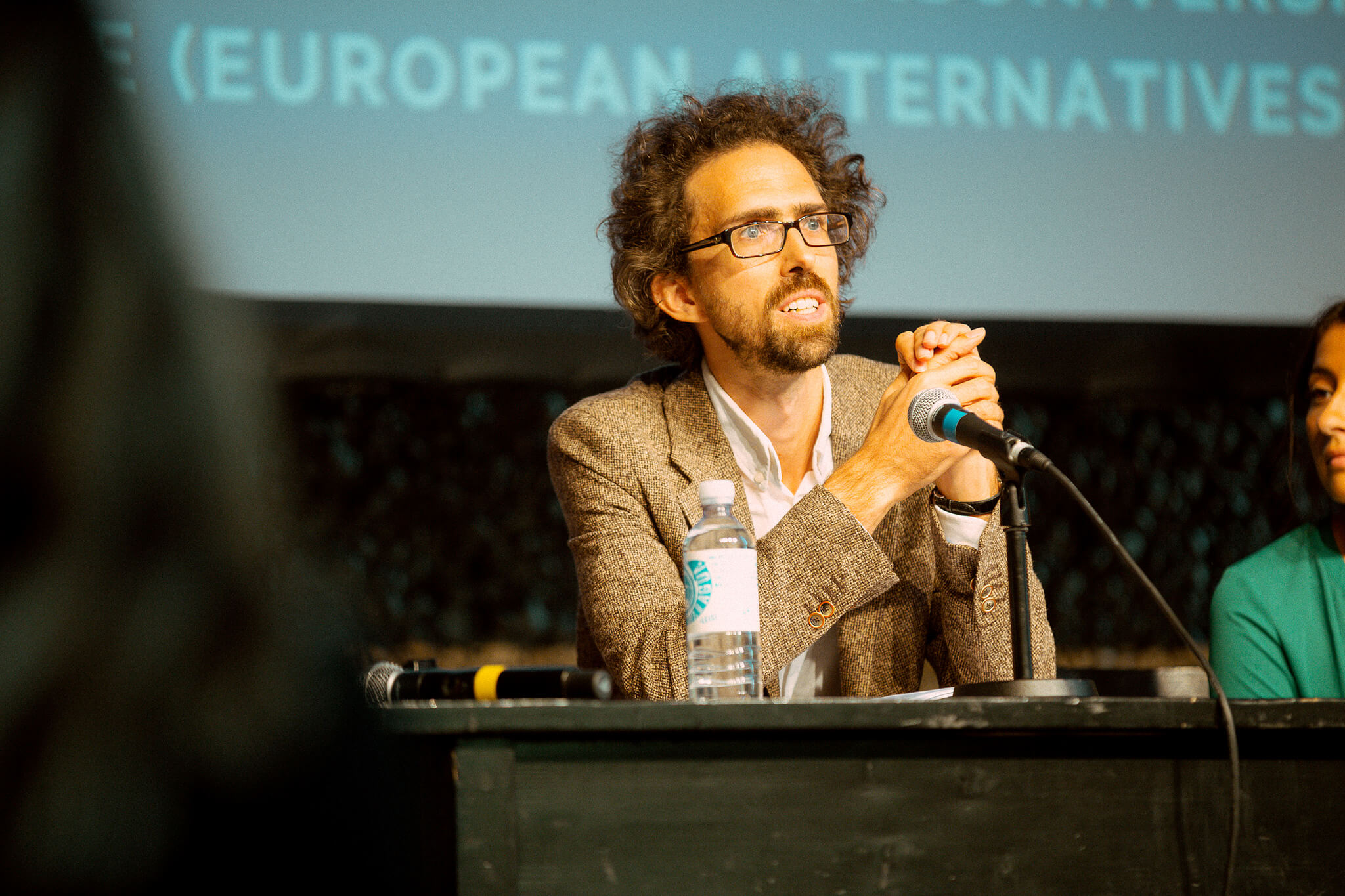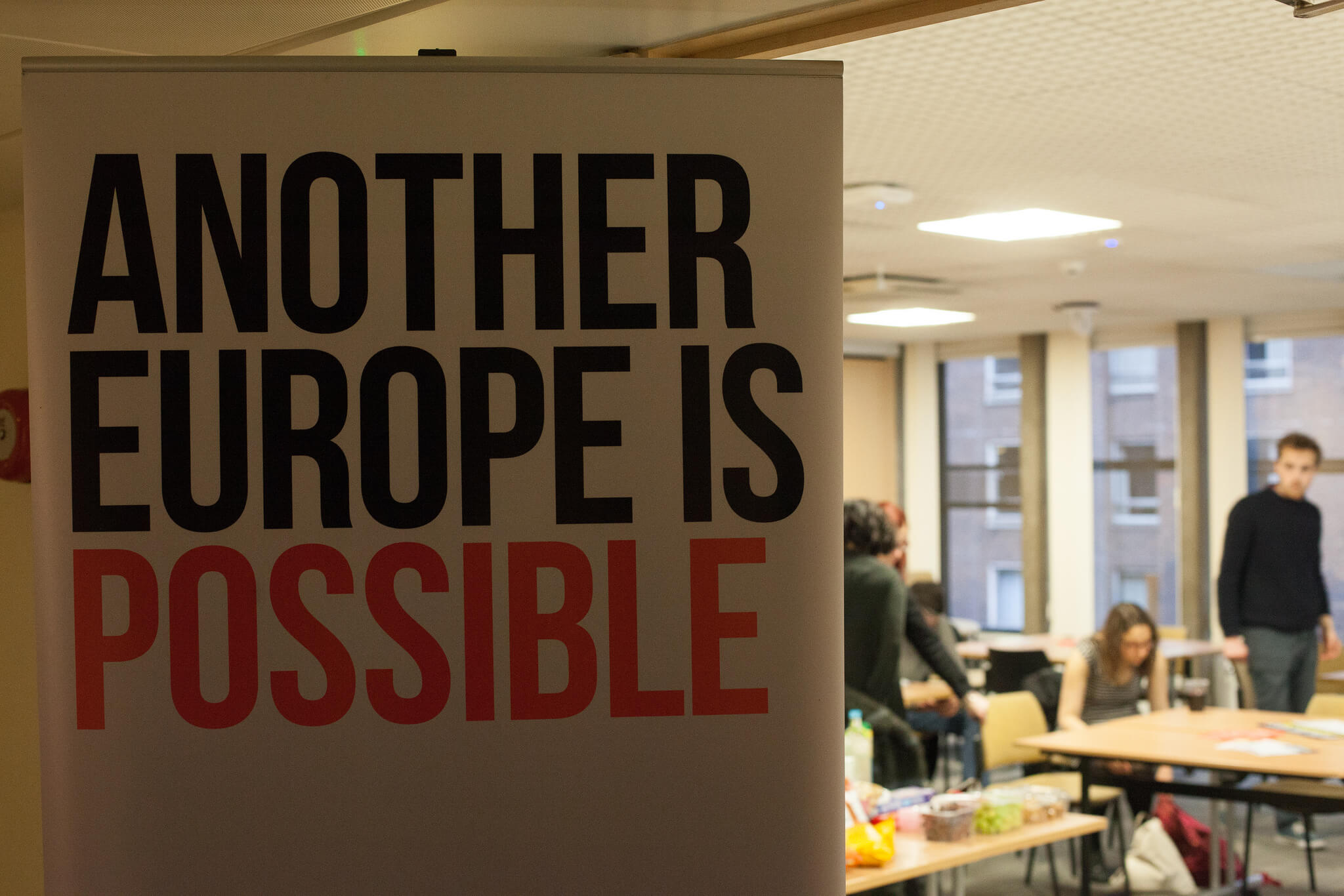Last week, Theresa May presented the long-awaited Brexit deal. It seems to have disappointed everyone in the UK, government and parliament, and even the Brexit secretary in theory responsible for negotiating it, Dominic Raab, resigned.
The UK cabinet as a whole begrudgingly accepted the proposed deal as the least bad the UK is likely to be offered. When it comes up for a vote in the UK parliament, it currently looks certain to be voted down. Before that, an exceptional European Council meeting has been called for the leaders of the member states to sign off on the deal, and Angela Merkel and others have said there is little chance or time for renegotiations.
The only thing that is for sure is that the UK is currently scheduled to leave the EU on the 29th March 2019, with or without a deal.
What will happen if the UK parliament refuses the deal is currently uncertain. The only thing that is for sure is that the UK is currently scheduled to leave the EU on the 29th March 2019, with or without a deal. Theresa May’s own position as Prime Minister is constantly under discussion, but with no reason to suppose any other Conservative Prime Minister would do any better, and no realistic chance of elections being called at the moment, she is currently likely to keep on limping through to Brexit itself.

The deal itself is divided into two parts: a withdrawal treaty, which finalises the details of the UK’s leaving the European Union, and a ‘political declaration’, which in the most general terms outlines a potential future relationship. But all the details of the future relationship will be negotiated only once the UK has left: complex negotiations that everyone knows will last at least 3 years, but more likely 4 or 5.
In the meantime, the UK would stay in a transitional situation, in which it has to accept EU laws but has no say in making them, and continues to pay its membership fee of the Union. What is more, in order to avoid a physical border between the North of Ireland and the Republic of Ireland, the UK is in the customs union and can only leave this arrangement if it is agreed by the European Union. Many of the ‘hardest’ Brexiteers are angry about this in particular, since they suspect that it is going to be very hard for the UK ever to exit this arrangement, and they are furious that it is in part the EU’s decision.
The great promises of Brexit, that it would be an expression of Britain’s independence, autonomy and uniqueness, has shown quite the opposite: Brexit reveals that the UK is thoroughly intertwined with the rest of the European Union.
The great promises of Brexit, that it would be an expression of Britain’s independence, autonomy and uniqueness, have shown quite the opposite: Brexit reveals that the UK is thoroughly intertwined with the rest of the European Union, from its economy to its citizens to its foreign policy. Attempts to cut these ties fail in every way. They cause economic damage, like factories closing, jobs lost, investments cancelled. They cause human damage, like the uncertainty and loss of rights imposed on EU citizens in the UK (who would have to apply to stay in the country under the withdrawal bill) and UK citizens in the EU (who may also have to apply, and will lose free movement rights). They cause social damage, like the shortages of nurses in the NHS because other Europeans do not want to come to the UK any more. The choice comes down to interdependence with no say and no influence – which is inevitably a losing position – or interdependence with some say and influence as members. Absolute sovereignty over nothing of great importance, or shared sovereignty in a globalised world.
That both of the mainstream UK political parties, the Conservatives and Labour, are unhappy with the deal proposed and yet do not advocate remaining in the European Union shows the dangerous disconnect between the UK political system and the realities of interconnected European politics. Theresa May, in order to defend the deal, has this week turned to the only theme she knows well: attacking migrants. She emphasises that the deal will end once and for all ‘unrestricted freedom of movement’ and tells businesses that the withdrawal bill will put an end to the possibility of Europeans ‘skipping the immigration queue’ in front of other qualified workers from other parts of the world. Both xenophobic arguments are, of course, quite wrong: freedom of movement in the European Union is not totally unrestricted, and Europeans who came to the UK are not skipping any queue.

Even on her own xenophobic terms, the withdrawal bill seems to be flawed: in order to avoid a hard border in Ireland, it would be quite possible to enter the Republic of Ireland with a European passport and continue without any check into the United Kingdom. May’s response to this is to further intensify the ‘hostile environment’ whereby proof of residence is required to do anything (rent a flat, open a bank account, get a job etc). Given that this ‘hostile environment’ is one everyone has to live in – migrant or not – this is a strategy of increasing suspicion, bureaucracy and general unpleasantness for everyone. Some ‘Brexit dividend!’
Theresa May, in order to defend the deal, has this week turned to the only theme she knows well: attacking migrants.
Whilst the political classes in Westminster have been furiously refreshing their twitter feeds to see if another minister has resigned over Brexit, two other messages have been directed at them.
Firstly, from the ‘Extinction Rebellion’, which has mobilised an impressive number of people in protests and civil disobedience to tell the government to acknowledge the scale of the ecological emergency and change its policies. When it comes to climate change, there is no sense in trying to go it alone: international cooperation is everything.
Secondly, the damning United Nations report on extreme poverty and human rights authored by Philip Alston, who condemned in the strongest terms the British governments strategy of austerity over the past decade, concluding that ‘British compassion for those who are suffering has been replaced by a punitive, mean-spirited and callous approach’. The report stated that poverty in such a wealthy society is a political choice: one fifth of the population living in poverty, 1.5 million unable to afford basic essentials, and child poverty as high as 40% are amongst the facts he cited as ‘not just a disgrace, but a social calamity and an economic disaster’. Alston made the point in his report that few British politicians have dared to make from the major political parties: that Brexit will affect, most damagingly, those already vulnerable and disadvantaged.
Here, then, are the bases for a change of course in Brexit Britain: away from a Brexit that will please noone, and help almost noone aside from some self-interested politicians and a tiny number of disaster capitalists, away from austerity and deliberate punishment of the poor, the disabled and the young, towards a Britain in the EU, working to transform the European economy towards social justice and ecological conversion. Such a change, led by the UK Labour party, would have importance not only for the United Kingdom, but for the European Union as a whole. Whether it will happen over the coming months will depend on a combination of activism, responsibility and continued dialogue across Europe.
![Political Critique [DISCONTINUED]](http://politicalcritique.org/wp-content/uploads/2015/09/Political-Critique-LOGO.png)
![Political Critique [DISCONTINUED]](http://politicalcritique.org/wp-content/uploads/2015/09/Political-Critique-LOGO-2.png)